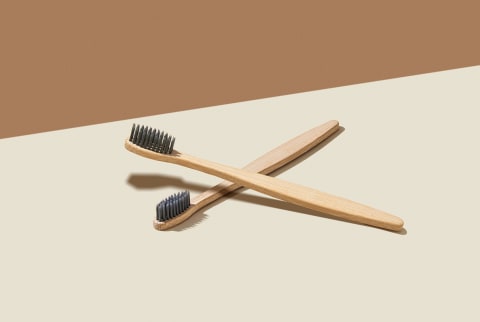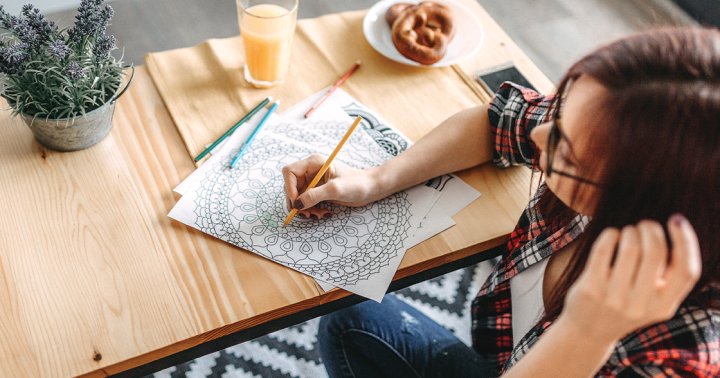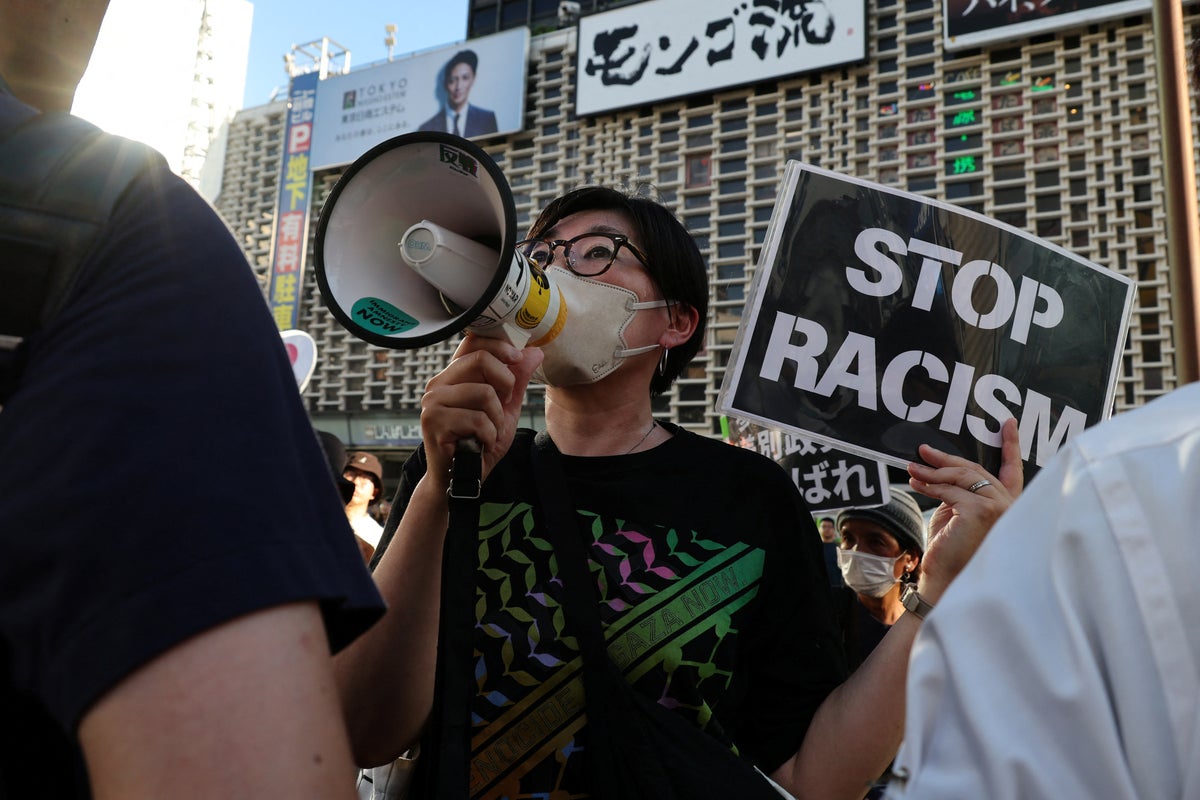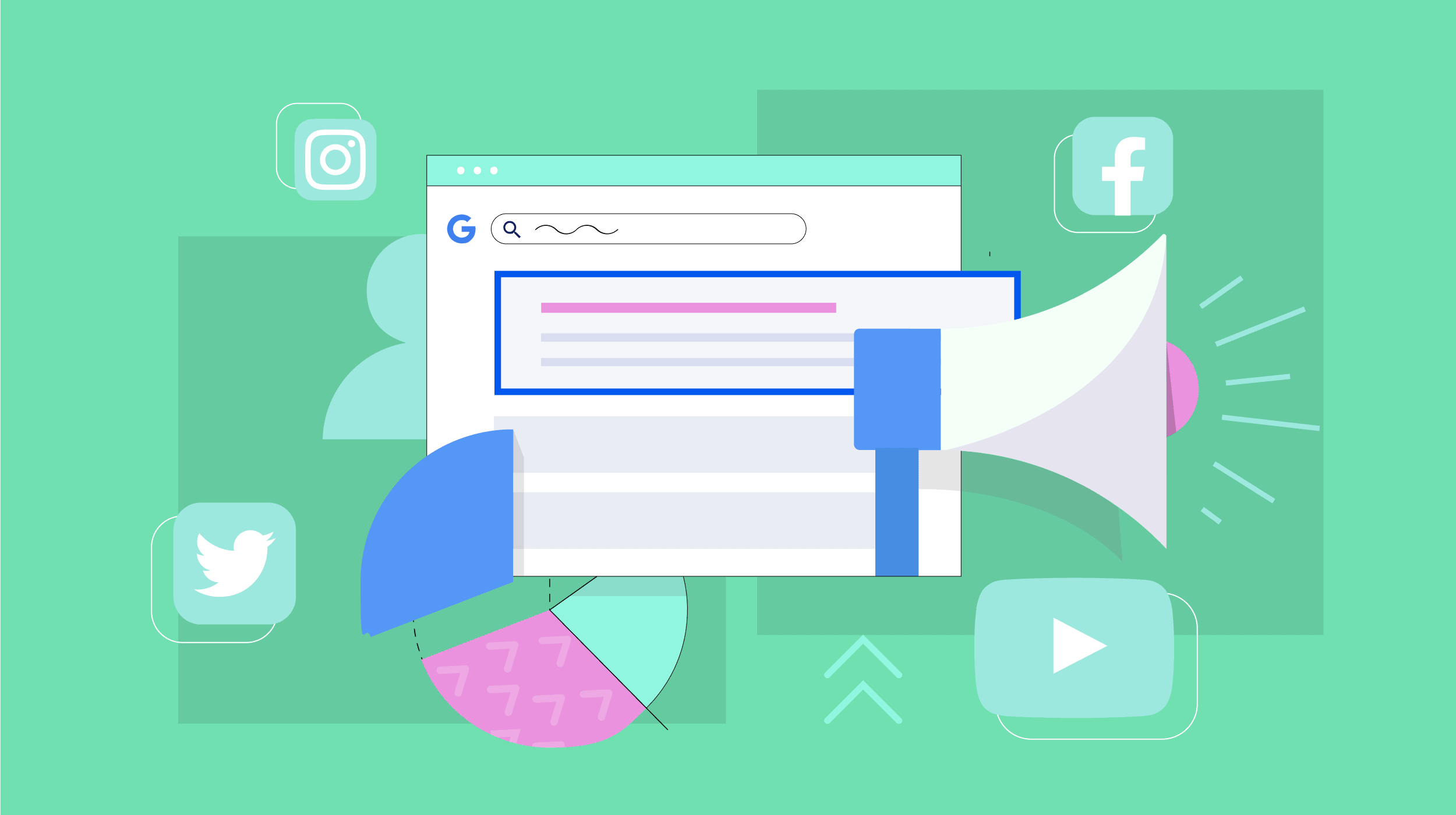Yellow Teeth? This Daily Habit Could Be The Unlikely Culprit, Per A Dentist
Careful with your brushing.

Advertisement
This ad is displayed using third party content and we do not control its accessibility features.
Image by Yaroslav Danylchenko / Stocksy October 07, 2024 Ever since you were a kid, you've likely heard from your dentists, parents, and, well, toothpaste ads that brushing your teeth often is crucial if you want a sparkling white smile. But in a TikTok video on the three common causes for yellow teeth, cosmetic dentist Joyce Kahng, DDS, makes you think twice about your oral hygiene habits. Though the first two reasons in her video are somewhat self-explanatory (plaque buildup and coffee and/or food stains), "the third one is going to surprise a lot of people," Kahng says in the video. "It's actually from brushing too hard." Yep, apparently there is such a thing as overbrushing your teeth. But how does aggressive brushing lead to yellow teeth—and how much should you actually brush per day?
Why does overbrushing lead to yellow teeth?
There are actually two ways overbrushing can lead to yellow teeth. In the TikTok video, Kahng says brushing too hard or too often can strip the enamel of the tooth, causing it to appear more yellow.
According to functional dentist Mark Burhenne, DDS, thinning out the enamel takes a long time, but it is possible. When this happens, the second layer of the tooth, called the dentin layer, is exposed.
"Dentin is living tissue with tubules in it," Burhenne tells mbg. These tubules are connected to nerves in the teeth, and when they're not protected by enamel, they become more sensitive to cold, acidic, or sugary food and drink. Plus, it's more naturally yellow than enamel, he explains.
The other reason brushing too hard or too often can lead to yellowing of the teeth is gum recession.
The little thin layer of gum tissue that covers the base of the tooth is called the free gingival margin, Burhenne says. Brushing repeatedly against that free margin—especially if the toothbrush has tough, nylon bristles—will begin to strip away at the gum and expose the root of the tooth.
This root portion of the tooth is also more yellow, he explains, and similar to the dentin layer, it cannot be whitened or cleaned at a dentist appointment.
How often should you brush your teeth, then?
Both gentleness and quality of the bristles on your toothbrush matter, but generally brushing for two minutes, two times a day is recommended. Other natural whitening products may also help, but Burhenne says to avoid preservatives in oral hygiene products and follow these Do's and Don'ts of natural teeth whitening.
"A lot of yellowing of the teeth can be an extrinsic color change," he says. This occurs from tartar and plaque buildup, as well as food and drink staining. All of these external factors can be reversed with a dental cleaning and polish.
If the yellowing doesn't go away from a cleaning, it could be a sign of gum recession or enamel decay from overbrushing. Anyone who is concerned should consult with their dentist.

 UsenB
UsenB 


























.jpg)





